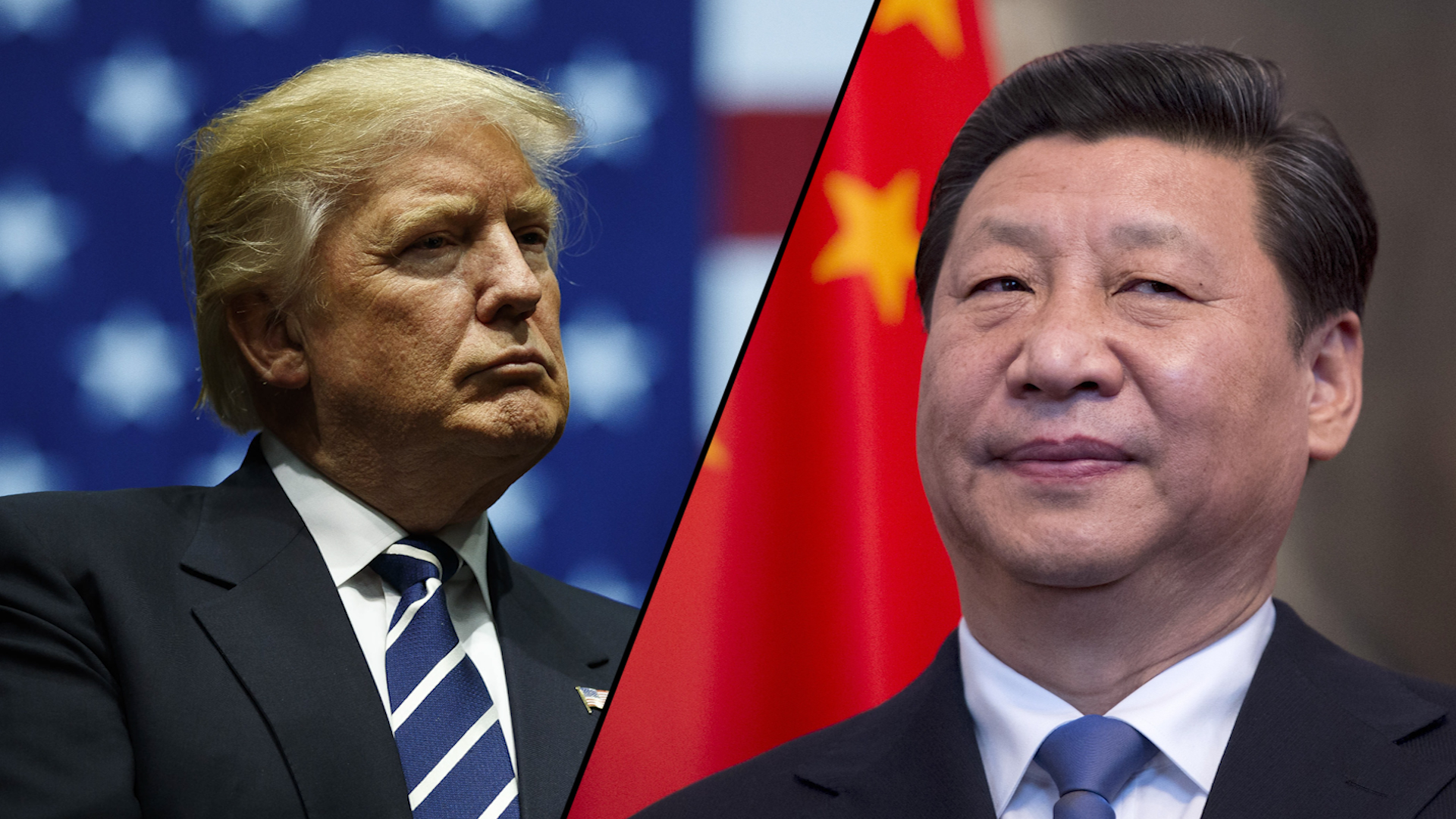
12 Sep How 3 of our companies are being affected by the tariffs – and what they’re doing about it
The Trump administration’s tariff war with China continues to escalate. Whether you agree or disagree with the premise behind the tariffs, the reality is that we are having to deal with the repercussions at many of our portfolio companies. Below are thoughts from 3 of our founders – how the tariffs are impacting them and what they’re doing about it.
Raj Suri, founder/CEO of Presto
“Tariffs are a tax increase, and a regressive one at that. Small growing businesses like Presto, which contribute disproportionately to American job growth, are most affected since we are least able to absorb these costs or pass them to our customers.
With tariffs, businesses like ours are hurt twice – once with the uncertainty of the timeline and financial impact of a possible trade war, and second with the actual fallout of the tax increase. Uncertainty leads to less investment, less risk-taking and slower job and wage growth.
Our products help restaurants stay in business in a tough environment. These restaurants employ millions of workers, and serve hundreds of millions. If our products become infeasible to buy, there could be significant repercussions to huge numbers of workers and consumers.
The counter-argument from the White House is that tariffs will spur American economic growth because local businesses will bring home manufacturing jobs. This ignores the reality of the decades of supply chain infrastructure and expertise that has already been laid in other parts of the world. The modern world is a giant assembly line, with each section highly specialized to add unique bits of value.
Just like a car factory cannot efficiently be collapsed into a single person hand-building a car from scratch, so the modern world cannot be economically folded into a single country building an entire end-to-end product once that expertise has already dispersed.”
Ash Madgavkar, founder/CEO of Ceres Imaging
“Farm-level economic margins for commodity crops have been tight for the past several years owing to lower commodity prices coupled with relatively high costs of other inputs (e.g., seed and land). Tariffs have placed additional pressure on farm-level economics as illustrated by the approximate 20% fall in soybean prices over the past 3 months.
A common refrain from the market is “we’d be all over your technology at $7 per bushel corn, but it’s a tough sell at $3.50 per bushel.”
Ceres is battling this dynamic by focusing on the core value proposition: farmers can make more money by understanding what is happening in their fields and acting before the damage is done. We are getting traction especially with more innovative farmers, but the market headwinds are strong. Ceres is also working in other markets — both domestically and internationally — that remain unaffected or benefit from the tariff dynamics playing out in the U.S. commodity sector.”
Ben Waber, co-founder/CEO of Humanyze
“These tariffs make all of our material inputs more expensive. Whether it’s sensing technology, testing equipment, or even furniture for our office. This means that we have less money to hire people in the US. Because we’re expanding rapidly overseas, over time we’ll shift our hiring there instead. Other countries now have both stability and cost advantages to the US.”


